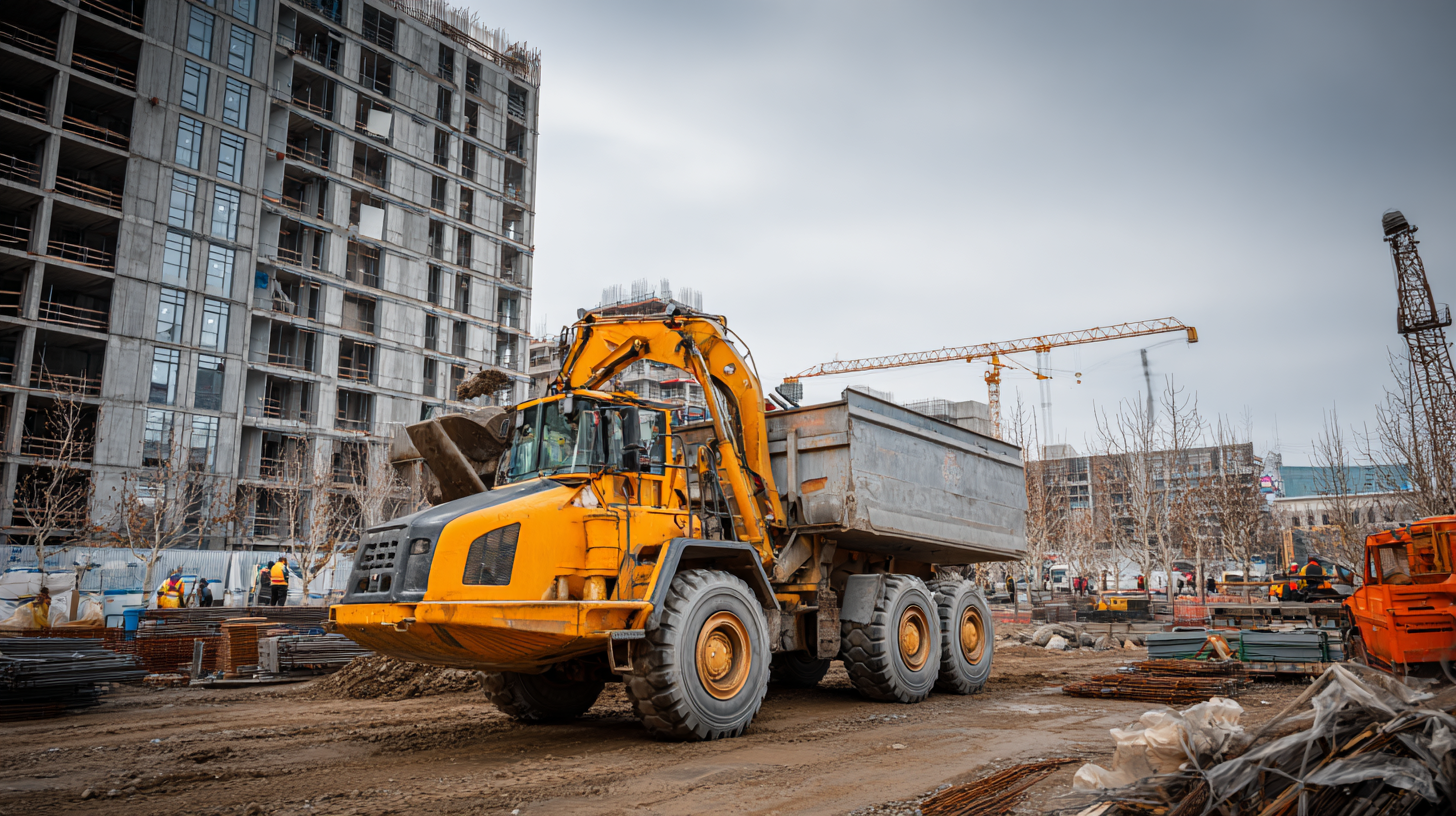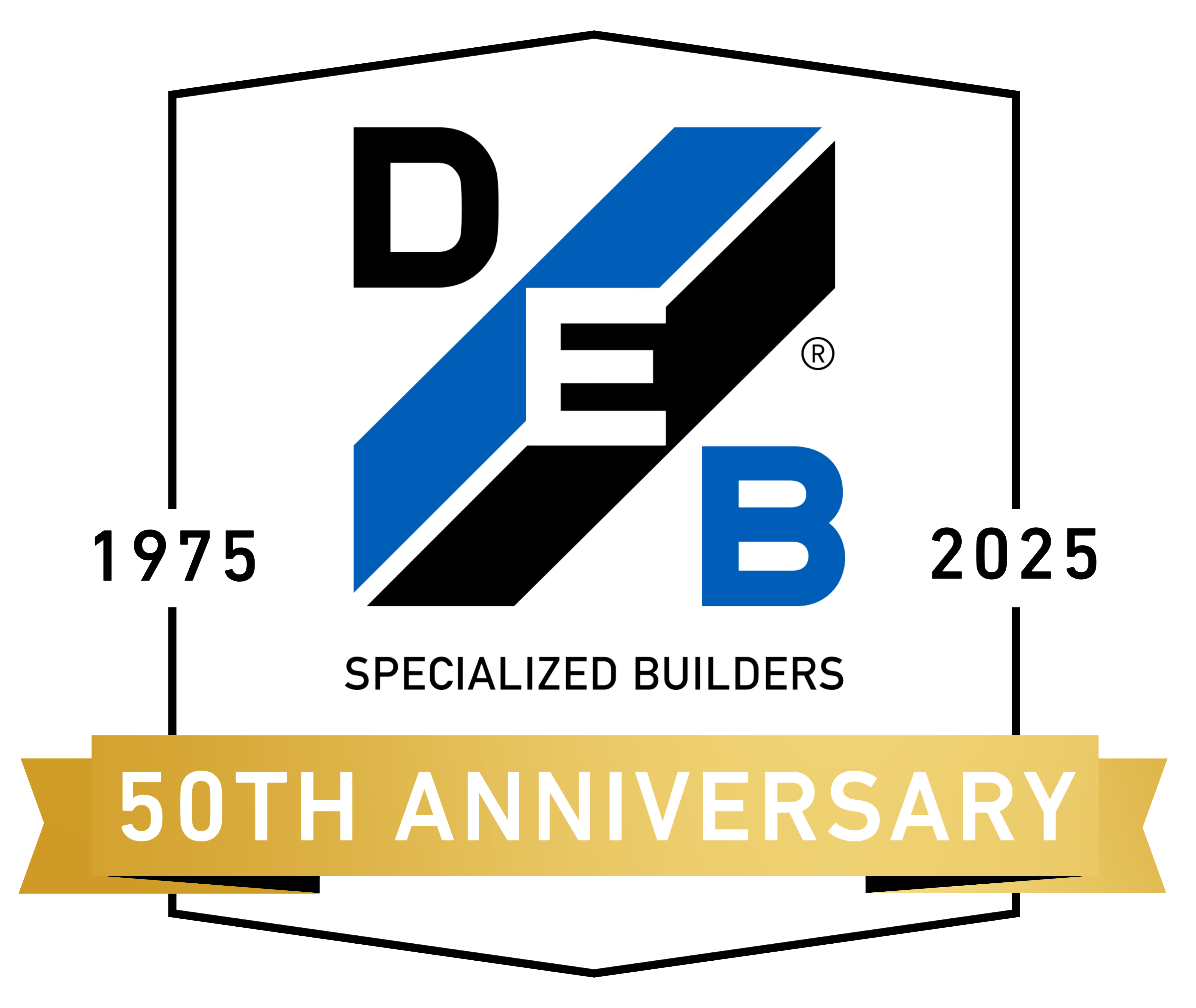Unveiling the Best General Construction Solutions Through Expert Comparison and Analysis
In the ever-evolving landscape of the construction industry, the demand for high-quality solutions is at an all-time high, particularly in the realm of General Construction. According to a recent report by Allied Market Research, the global construction market is projected to reach $10.5 trillion by 2023, highlighting the critical need for industry stakeholders to select the best construction practices and products available.

As China emerges as a leading supplier of superior construction materials and solutions, the comparative analysis of options offered by various manufacturers becomes imperative. By meticulously evaluating these factors, professionals can ensure they are making informed decisions that enhance project efficiency, durability, and overall value.
In this blog, we will unveil the best General Construction solutions available today through expert comparison and analysis, showcasing how Chinese manufacturers are setting the benchmark for excellence in the global industry.
Understanding General Construction Products: Key Features and Applications
The construction industry is experiencing a transformative shift with the integration of
advanced materials like nanomaterials.
These innovative products offer remarkable properties, including enhanced strength,
durability, and energy efficiency, making them increasingly crucial in modern building techniques.
Recent studies underline that the implementation of nanomaterials significantly improves
structural integrity, enabling architects and builders to meet
the demands for more resilient and sustainable housing solutions.
Tip: When considering construction materials,
prioritize those that offer environmental benefits and improved performance metrics. Materials embedded
with nanotechnology can lead to long-term savings in maintenance and energy consumption.
In parallel, the advent of artificial intelligence
in construction is revolutionizing how materials are developed and applied. AI-driven insights allow
for data-driven decision-making, leading to the optimization of traditional materials such as concrete
and composites. The latest trends indicate that integrating machine learning will not only enhance
material performance but also streamline construction processes, pushing the industry towards
greater efficiency.
Tip: Embrace technology by investing in
construction management software that integrates AI capabilities, which can provide real-time
analytics and improve project timelines. This will ensure your projects are both innovative and
competitive in a rapidly evolving marketplace.

Comparative Analysis of Popular General Construction Materials
The construction materials market in the United States was valued at an impressive $146.8 billion in 2022, reflecting a steady demand for various construction solutions. This market is expected to grow at a compound annual growth rate (CAGR) of 3.7% during the forecast period, indicating a continual investment in infrastructure and development projects. Among these materials, green building materials have gained significant traction, capturing a market size of $88.2 billion in 2022 and forecasted to grow at a remarkable CAGR of 12.7% through 2030. This shift towards sustainability highlights the construction industry’s commitment to eco-friendly practices and the increasing demand for materials that meet rigorous environmental standards.
Quartz surfaces, known for their durability and aesthetic appeal, are projected to experience robust growth as well. The quartz market is expected to increase from $57,929.33 million in 2025 to $201.2 million by 2033, showcasing a CAGR of 14.13%. Additionally, the market for wood-plastic composites (WPC) is evolving, with various types being utilized across different applications, including infrastructure and construction. This diversity in material offerings is crucial as industry stakeholders continually seek solutions that balance performance with environmental responsibility, fostering a trend towards innovative construction practices.
Evaluating the Cost-Effectiveness of Different Construction Solutions
As urbanization accelerates globally, the construction sector has witnessed an unprecedented demand for
innovative and cost-effective solutions.
The global sandwich panel market, which is expected to grow from $10.7 billion in 2024 to
$20.51 billion by 2032, represents a significant sector in this transformation, with a compound annual
growth rate of 8.4%. This market growth highlights the increasing
preference for sustainable construction materials that not only enhance
energy efficiency but also provide durability and versatility in urban development.
Moreover, buildings are among the largest consumers of energy, accounting for 25% to 33%
of total global energy use. A report from the McKinsey Global Institute underscores the urgency in reducing
greenhouse gas emissions from this sector. The implementation of sustainable materials and construction technologies
is crucial for achieving significant reductions in energy consumption and emissions. Transitioning to eco-friendly
solutions not only aligns with global sustainability goals but also offers substantial long-term cost savings for
businesses and municipalities alike.

Identifying Ideal Use Cases for Various General Construction Types
When choosing general construction solutions, identifying the ideal use cases for various construction types is crucial for project success. According to the 2022 Construction Trends Report by the Associated General Contractors of America, about 60% of contractors highlighted the importance of specialized construction approaches tailored to specific project needs. For instance, traditional building practices are optimal for residential projects, where the emphasis is on aesthetics and durability, while modular construction is gaining traction in commercial sectors—providing significant time and cost savings.
Furthermore, a recent report by McKinsey & Company indicated that efficient construction practices could reduce project timelines by up to 30%. This highlights the importance of understanding which construction method is best suited for specific applications. For large-scale infrastructure projects, prefabrication techniques are recommended, as they allow for rapid assembly and minimize on-site errors. Conversely, for smaller renovation tasks, conventional methods might be more advantageous due to their flexibility and suitability for customized designs. Each construction type comes with its own set of strengths and weaknesses, making an informed choice integral to maximizing efficiency and effectiveness in general construction endeavors.
Expert Tips for Choosing the Right Construction Solutions for Your Project
Choosing the right construction solutions for your project can dramatically influence its success. One of the first steps in making this critical decision is to assess your unique project requirements. Are you dealing with a residential build or a large commercial space? Understanding the scale and specific needs of your project can help narrow down potential solutions. It's essential to consult with professionals who can offer insight based on experience and expertise in the type of construction you're pursuing.
Another key factor in selecting the right general construction solutions is evaluating the reputation and reliability of the contractors involved. Researching their past projects and collecting client testimonials can provide valuable information about their work quality and adherence to deadlines. Additionally, consider any certifications or awards that demonstrate their commitment to industry standards. Collaboration and communication are also pivotal; ensure that your construction team is not only skilled but also open to your ideas and concerns, creating a cooperative environment that anticipates challenges before they arise.
Unveiling the Best General Construction Solutions Through Expert Comparison and Analysis
| Construction Solution Type | Cost (per square foot) | Durability (years) | Sustainability Rating | Installation Time (weeks) |
|---|---|---|---|---|
| Concrete | $120 | 50 | B | 2 |
| Steel | $150 | 40 | C | 4 |
| Wood | $80 | 25 | A | 3 |
| Brick | $130 | 60 | B+ | 6 |
| Glass | $200 | 20 | A+ | 3 |
